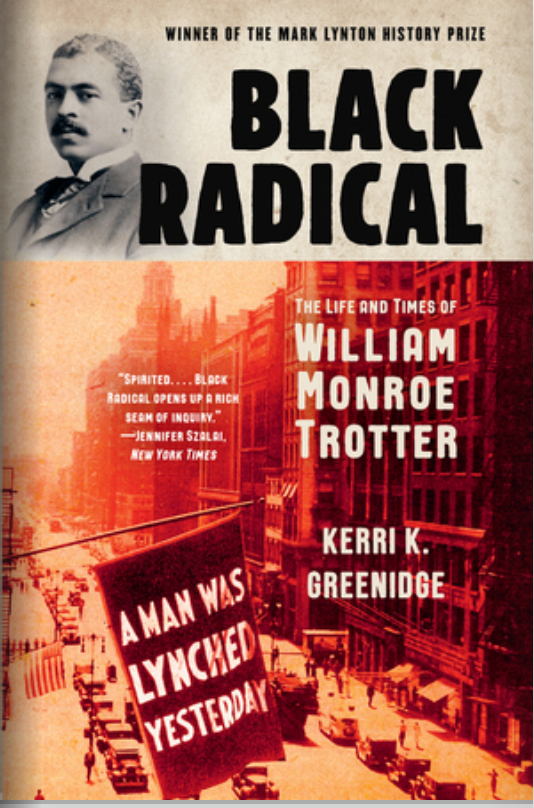On April 7, 1934, William Monroe Trotter, editor of the Guardian newspaper, jumped to his death from the third-story window of his apartment in Roxbury, Boston. The news of his untimely demise came as a shock to many. The Jamaican black nationalist Marcus Garvey was so moved by Trotter’s passing that he penned a lengthy obituary. “[Trotter] was an uncompromising and sincere advocate of equal rights and Negro freedom,” Garvey wrote. “The American Negro,” he continued, “could have well afforded to lose a thousand of their present-day pseudo-leaders without regret, rather than losing William Monroe Trotter.”
Many reading Garvey’s words might have found them surprising. The black nationalist leader had long feuded with many of Trotter’s associates, especially W. E. B. Du Bois — who was likely one of the “present-day pseudo-leaders” Garvey suggested black Americans could live without. Harvard-educated and a member of the black elite, Trotter personified Du Bois’s “talented tenth.” Yet Trotter stood apart from his contemporaries. Despite his own social and economic standing, he was critical of black elites and maintained strong ties with the black working class — taking their concerns seriously and working closely with them to advance a liberatory black politics.
In Black Radical, historian Kerri Greenidge tells the story of how Trotter emerged as one of the most admired and respected black radical activists in Boston. Charting Trotter’s personal life and journalism career, she also offers a rich intellectual history, revealing how Trotter’s ideas were shaped by the varied networks and friendships he formed in the city. Unlike other historians, who have argued that Trotter’s residency in Boston limited his engagement in black radical politics, Greenidge reveals that the Massachusetts capital was a significant site for leftist activity during the twentieth century. It was a place where Trotter found a strong community of organizers willing to defy the status quo, challenge white supremacy, and take an assertive, and sometimes confrontational, stance in the fight for black liberation.
